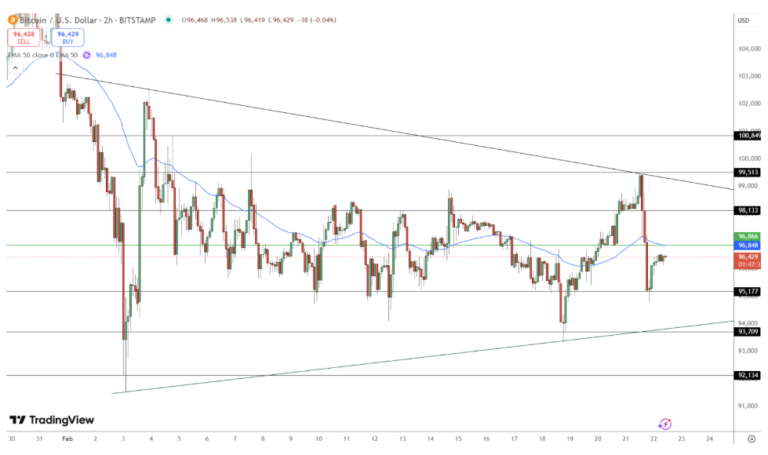Centralized Exchanges Vs. Decentralized Exchanges

Centralized vs. Decentralized Crypto Exchanges
Crypto exchanges are platforms that allow users to buy, sell, and trade cryptocurrencies. There are two main types of crypto exchanges: centralized and decentralized.
Centralized Exchanges (CEXs)
CEXs are the most common type of crypto exchange. They are run by a central authority, which means that they have control over the platform and the user’s funds. This gives CEXs a number of advantages, such as:
- Ease of use: CEXs are typically easier to use than decentralized exchanges. They have user-friendly interfaces and offer a wide range of features, such as margin trading and staking.
- Liquidity: CEXs have a high level of liquidity, which means that there are always buyers and sellers for the cryptocurrencies that they list. This makes it easy to buy and sell cryptocurrencies at a fair price.
- Regulation: CEXs are often regulated by financial authorities, which can give users peace of mind.
However, CEXs also have some disadvantages, such as:
- Centralization: The fact that CEXs are centralized means that they are a target for hackers. In 2021, the Binance exchange was hacked for $40 million.
- Fees: CEXs typically charge higher fees than decentralized exchanges. This is because they need to cover the costs of running the platform and providing customer support.
- KYC/AML: CEXs often require users to verify their identity and source of funds. This can be a barrier to entry for some users.
Decentralized Exchanges (DEXs)
DEXs are exchanges that are not controlled by a central authority. Instead, they are run on a blockchain network, which means that they are more secure and transparent. DEXs also offer a number of other advantages, such as:
- No KYC/AML: DEXs do not require users to verify their identity or source of funds. This makes them more appealing to users who value privacy.
- No censorship: DEXs cannot be shut down by governments or financial institutions. This makes them a good option for users who live in countries with restrictive financial regulations.
- Lower fees: DEXs typically charge lower fees than CEXs. This is because they do not need to cover the costs of running a centralized platform.
However, DEXs also have some disadvantages, such as:
- Complexity: DEXs can be more complex to use than CEXs. This is because they require users to interact with the blockchain network.
- Liquidity: DEXs typically have lower liquidity than CEXs. This means that it can be more difficult to buy and sell cryptocurrencies on DEXs.
- Security: DEXs are still relatively new and have been hacked in the past. However, the security of DEXs is improving all the time.
Which Type of Exchange is Right for You?
The best type of crypto exchange for you will depend on your individual needs and preferences. If you are looking for an easy-to-use exchange with a wide range of features, then a CEX may be a good option for you. If you value privacy and security, then a DEX may be a better choice.
Ultimately, the best way to decide which type of exchange is right for you is to try out a few different ones and see which one you prefer.
















+ There are no comments
Add yours